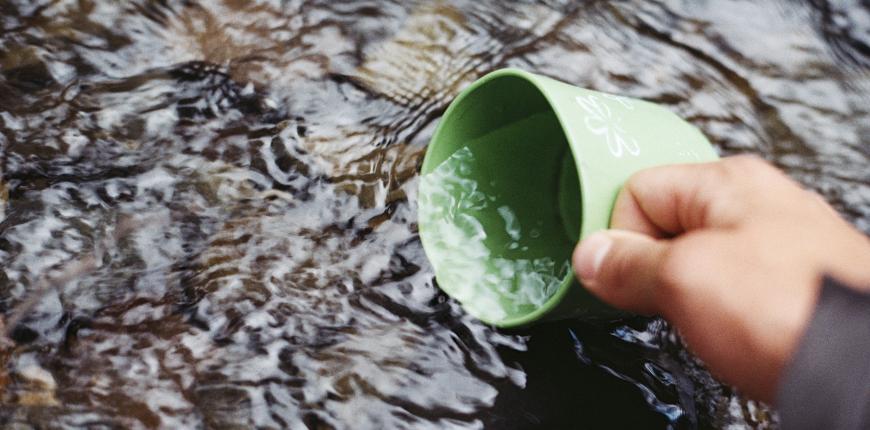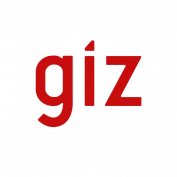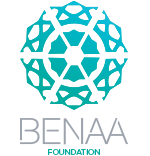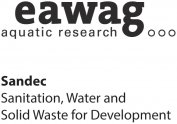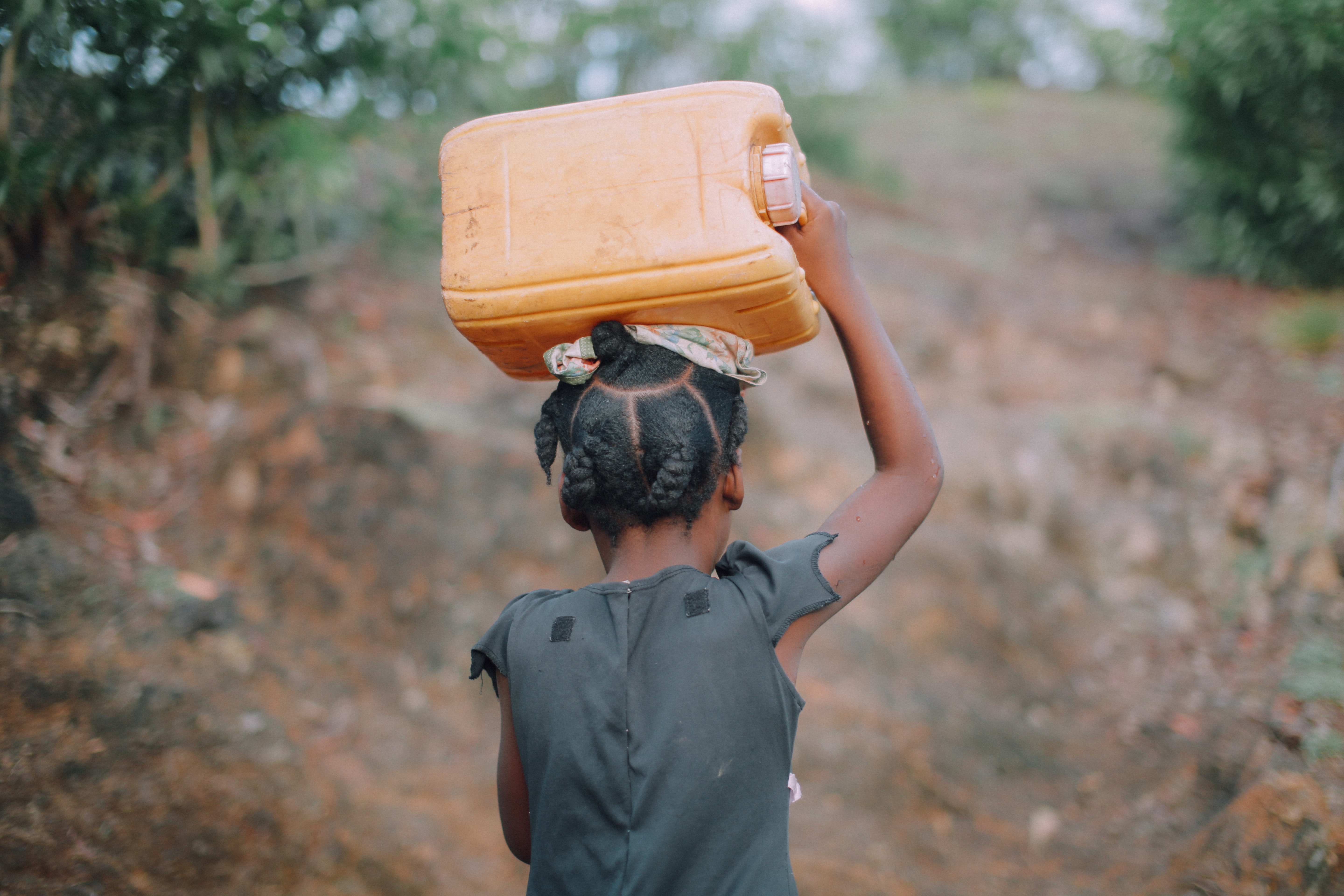Background
This perspective was developed within the framework of the project “cewas Middle East”, supported by the Swiss Agency for Development and Cooperation (SDC) and Deutsche Gesellschaft für Internationale Zusammenarbeit (GIZ) GmbH. The objective of cewas Middle East is to improve business practices in water and sanitation in the Middle East and Northern Africa (MENA) region and to support humanitarian water and sanitation actors to improve the sustainability of their services. To achieve this mission, cewas Middle East offers professional training, coaching, mentorship and consulting in business development, as well as specialised trainings in sustainable water, sanitation and resource management in Lebanon, Palestine, Jordan and Iraq.
Content of the Perspective
Sustainable Sanitation and Water Management (SSWM) in Humanitarian Crises means mainstreaming ideas of long-term technical feasibility, socio-cultural acceptance, economic appropriateness and ecological viability into humanitarian actions (see A Call for Sustainable Humanitarian Intervention factsheet). The present toolbox compiles approaches and methodologies that can help field practitioners in humanitarian aid to enhance the effectiveness and sustainability of their water, sanitation and health interventions. This includes appropriate sanitation options, viable solutions for water supply and distribution, planning tools that support a more long-term perspective, as well as approaches for hygiene promotion.
Different settings of humanitarian intervention require different approaches in terms of implementation time, available resources or human capacity. For this reason, the toolbox for SSWM in Humanitarian Crises is structured in four chapters, reflecting four settings of humanitarian intervention:
Each chapter begins with an introductory factsheet that describes the respective setting (including its particular challenges and characteristics), followed by four thematic sections:
- The Planning and Process Tools sections present participatory strategies, approaches and tools for effective and needs-based planning in Planning and Process Tools for Camps, Planning and Process Tools for Prolonged Encampments, Planning and Process Tools for Urban Settings and Planning and Process Tools for Rural Settings.
- The sections on Hygiene Promotion and Community Mobilisation comprise tools geared to encourage the affected communities to take up safe hygiene practices. The tools provide guidance and in-depth information for planning, facilitating and implementing hygiene promotion interventions in Hygiene Promotion and Community Mobilisation in Camps, Hygiene Promotion and Community Mobilisation in Prolonged Encampments, Hygiene Promotion and Community Mobilisation in Urban Settings and Hygiene Promotion and Community Mobilisation in Rural Settings.
- The Water Supply sections present guiding technologies and approaches that address the sustainable provision and purification of safe drinking water in Water Supply in Camps, Water Supply in Prolongued Encampments, Water Supply in Urban Settings and Water Supply in Rural Settings.
- The sections on Sanitation contain a selection of sanitation systems and technologies designed to ensure correct management of excreta and wastewater from the point of generation to the point of use or ultimate disposal, appropriate for Sanitation in Camps, Sanitation in Prolonged Encampments, Sanitation in Urban Settings and Sanitation in Rural Settings.
All the descriptions of technologies, tools and approaches are backed by interesting reading material to be consulted for further information.
In the four thematic areas, the toolbox presents a broad range of possible tools, selected for the respective setting by a team of experts. Since the appropriateness is determined by the very specific context, the environmental, technical, financial, social and economic framework conditions of the individual situation must always be assessed together with Stakeholder Identification and the affected communities when Project Design the intervention.
Read More
Partners behind this toolbox
About the SSWM Toolbox
The perspective “SSWM in Humanitarian Crises” was developed by cewas middle east with the support of the Swiss Agency for Development and Cooperation (SDC), Deutsche Gesellschaft für Internationale Zusammenarbeit (GIZ) GmbH, Benaa Foundation, the Swiss Federal Institute of Aquatic Science and Technology - Department Sanitation, Water and Solid Waste for Development (EAWAG/Sandec), the German Toilet Organisation (GTO), seecon gmbh and cewas international.
Created by:
